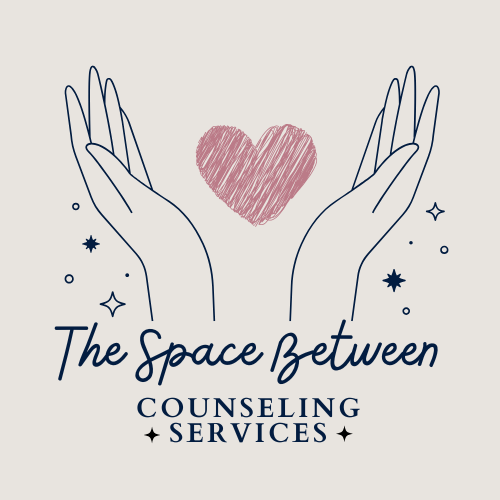How Your Past Shapes Your Parenting
Parenting is often described as one of life’s greatest joys and one of its greatest challenges. For many parents, the journey is made even more complex by the weight of trauma from their own pasts. Whether trauma comes from childhood experiences, systemic oppression, loss, or ongoing stress, it can deeply influence how we relate to our children, ourselves, and the world around us.
Understanding how your past shapes your present parenting is a powerful step toward healing and creating healthier family connections.
The Ripple Effect of Intergenerational Trauma
Trauma doesn’t just affect the individual who experienced it… it can ripple across generations. Patterns of fear, mistrust, emotional dysregulation, or harmful coping strategies may unknowingly be passed down through families. These intergenerational patterns often show up as:
Struggles with emotional connection or attachment
Difficulty setting and maintaining healthy boundaries
Challenges managing anger, anxiety, or fear
Repetition of dysfunctional relationship dynamics
A heightened stress response or difficulty calming down
Recognizing these patterns is not about blame. It’s about awareness; acknowledging that you are part of a larger story and that your parenting can be a powerful force for change.
How Trauma Can Impact Your Parenting
Trauma can influence your parenting in subtle and not-so-subtle ways. You might find yourself:
Reacting strongly to your child’s behavior because it triggers memories or feelings from your own childhood
Feeling unsure how to provide emotional safety when you didn’t feel it yourself
Struggling with trust—both in your child and in your own instincts
Feeling overwhelmed by the responsibility to “get it right”
These experiences are common and understandable. Healing is possible, and it often begins with self-compassion and the willingness to explore your own story.
Breaking the Cycle: Creating New Patterns
While trauma’s effects can be long-lasting, they are not permanent. You have the power to break these cycles and build a legacy of safety, connection, and resilience for your children.
Here are some steps toward healing and healthier parenting:
1. Recognize and Name the Patterns
Start by noticing what feels familiar or challenging in your parenting. Reflect on how your past might be influencing your reactions or beliefs.
2. Practice Self-Compassion
Remember, you’re doing the best you can with the tools you have. Healing takes time, patience, and kindness toward yourself.
3. Learn New Skills for Emotional Regulation
Mindfulness, grounding techniques, and breathing exercises can help you stay present and calm during difficult moments.
4. Seek Support
Therapy can provide a safe space to process your trauma, develop new parenting strategies, and connect with others who understand.
5. Create Rituals of Connection
Simple daily practices like sharing meals, bedtime routines, or moments of play. These small moments can foster trust and safety with your child.
6. Set Boundaries That Protect Everyone’s Well-Being
Healthy boundaries help create predictable environments where both you and your child can feel secure.
Parenting through trauma is not about perfection. It’s about growth, courage, and the deep love you have for your child. Every step you take toward healing changes the course of your family’s story.
You are not alone in this journey. Support, understanding, and tools are available to help you navigate the complex path of parenting through trauma.
